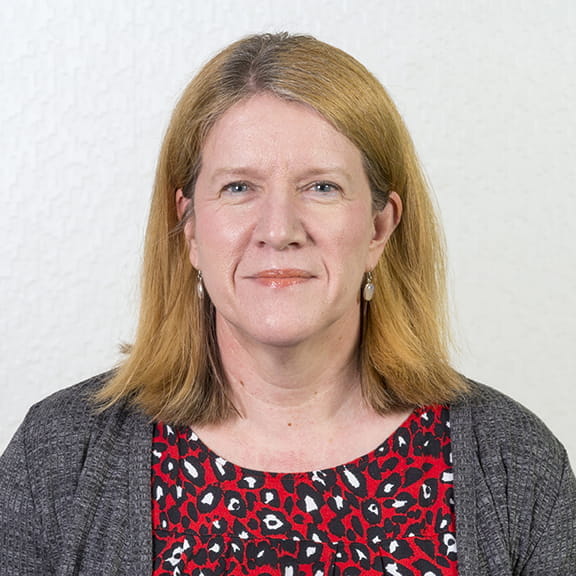This is something which the Campaign for Safer Births, co-founded by Michelle Hemmington and Nicky Lyon, have been campaigning for since 2013. Government consultations are complete and Michelle, Nicky, their supporters and many bereaved parents are eagerly awaiting the outcome.
Unequal funding for legal support at inquest
Should this law be passed, however, thoughts will no doubt turn to the question of how the inquest process will be funded. This issue was highlighted in a recent BBC Radio 4 ‘File on Four’ programme, which was aired on 6 October 2019.
The documentary describes what it termed ‘the inequality of arms’ by highlighting the many cases where families struggle with paying the costs of legal representation at inquest for their loved one out of their own pockets while the state has its legal representation paid for out of government funds.
Legal aid not always available
Most would assume that, depending on the individual family circumstances, legal aid might be available to help them ‘level the playing field’ when it comes to legal representation at inquest. However, Legal aid is only available for bereaved relatives when there is a so-called ‘Article 2 inquest’ where a loved one has died whilst under the care or protection of the state, or whilst in state custody (e.g. if they have died in immigration detention, in prison, or in police custody) and even in these cases access to legal aid can be restricted.
Many inquests will fall outside the ‘Article 2’ scope. Some solicitors will provide representation at inquest as part of a CFA (no-win, no-fee) agreement if there is an ensuing civil claim. They will seek to recover the legal costs of representation at inquest as part of the costs incurred in the civil claim.
Families who do not have or do not wish to pursue a civil claim, but want legal representation at inquest solely to help them ensure they get to the truth about the circumstances surrounding their loved one’s death, will still need to find the funds themselves or go without legal representation.
The issue is further complicated because of government plans to introduce a ‘fixed costs regime’ for clinical negligence claims with a value of £25,000 or less. Many claims – including stillbirth – will fall within this limit.
Representing a family at inquest (as a stand-alone exercise or part of an ongoing civil claim) is a complex, time-consuming business. It demands considerable research and effort by specialist solicitors if the bereaved family is to achieve parity in terms of the weight and quality of legal advice available to them during an inquest.
As things stand, specialist expert clinical negligence solicitors such as Shoosmiths can offer legal representation at inquest and look to recover costs from the other party if the claim is successful. A fixed costs regime would deprive many claimants of access to justice because some solicitors will not be able to take these cases on as they would no longer be cost effective.
Sarah Harper, a senior associate in Shoosmiths clinical negligence team, commented:
‘The radio 4 programme highlighted how important it was to bereaved families to have legal representation at inquest to obtain answers as to how their loved ones came by their death. Depriving them of that legal representation purely on the basis of funding also deprives them of access to justice. For many grieving families, when they need support the most, the fact that they must find the money for that support themselves, while others can access state funding, simply adds to their distress and sense of unfairness.’
Disclaimer
This information is for educational purposes only and does not constitute legal advice. It is recommended that specific professional advice is sought before acting on any of the information given. © Shoosmiths LLP 2025


















